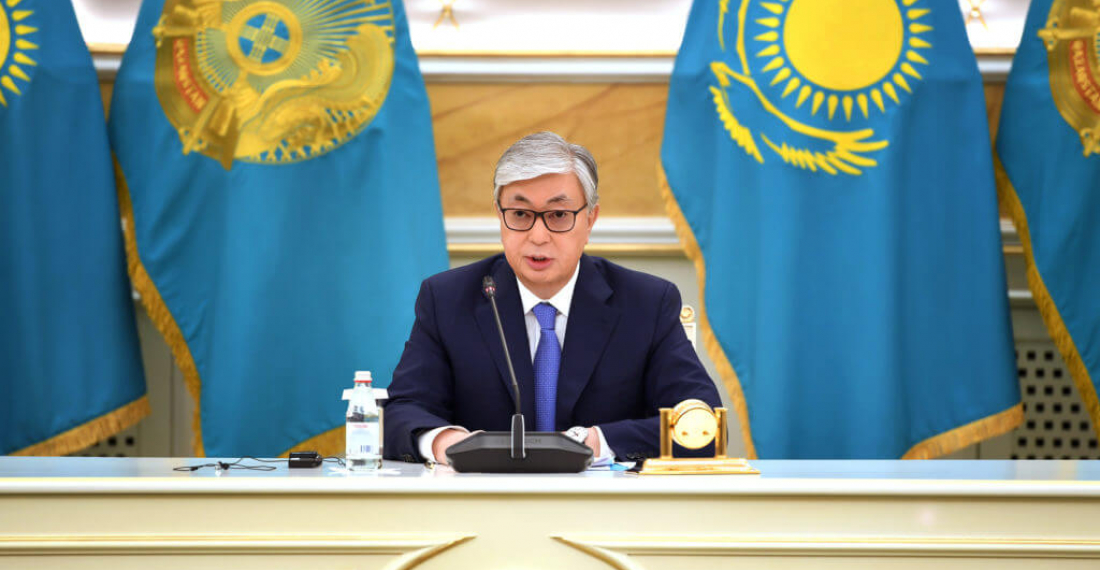Comments by several Russian politicians late last month have triggered a furious reaction in Kazakhstan.
In their comments, Vyacheslav Nikonov and Yevgeny Fedorov - two members of the Russian State Duma - characterized Kazakhstan's current territory as a "gift" from Russia.
It started on December 10, when Vyacheslav Nikonov, the chairman of the Education and Science Committee in the Duma, stated in a speech on Russian state television, that Kazakhstan "did not exist before" and described a lot of its "territory as a "great gift from Russia and the Soviet Union". Following the speech, the Russian activist movement Patriot placed a banner at the Embassy of Kazakhstan in Moscow saying: "North Kazakhstan is Russian territory".
Duma member, Yevgeny Fyodorov, joined the fray soon after, saying that Kazakhstan "has leased its territory from the Soviet Union. He insisted on "reclaiming the territories" and called for the annulment of "illegal decisions taken in 1991" after the collapse of the former Soviet Union and to investigate how those decisions were taken.
Public opinion in Kazakhstan has been outraged by the comments of the Russian politicians. In interviews with Radio Free Europe/Radio Liberty, Kazakhs demanded an apology from Russia for the remarks they said were aimed at stirring up separatism in their country. In the village of Dolmatovo, the northernmost village in the province of North Kazakhstan, citizens said they are aware of Russian legislators' comments and the anger they caused.
The President of Kazakhstan Kassym-Jomart Tokayev rejected the assertion that any Kazakh territory was a "gift from Russia", and said that such "provocative" comments were intended to "spoil" relations between the two neighbours. The president said that Kazakhs should "resist provocative actions by some foreign citizens" trying to "spoil neighbourly relations".
"Nobody from outside gave Kazakhs this large territory as a gift,” Toqaev wrote in an article published in local newspapers on January 5. Kazakhstan must "stand against provocative actions by some foreign citizens" who are trying to "spoil neighborly relations," he said, without mentioning directly the two Russian politicians.
Since achieving independence in 1991 Kazakhstan has tried to keep very good relations with Russia. It is a member of both the Eurasia Economic Union and the Collective Security Treaty Organisation both of which are Russia-led and serve as an umbrella for Russian hegemony over the former Soviet states. It is therefore somewhat baffling why Russian politicians have all of a sudden started questioning Kazakh territorial integrity. Given the way things work in Moscow it is unlikely that the politicians were doing so without a nod from the Kremlin. The question is why? and Why now?
source: commonspace.eu with agencies
photo: President Kassym-Jomart Tokayev at a press conference in June 2020 (picture courtesy of the press service of the Kazakh presidential administration)






